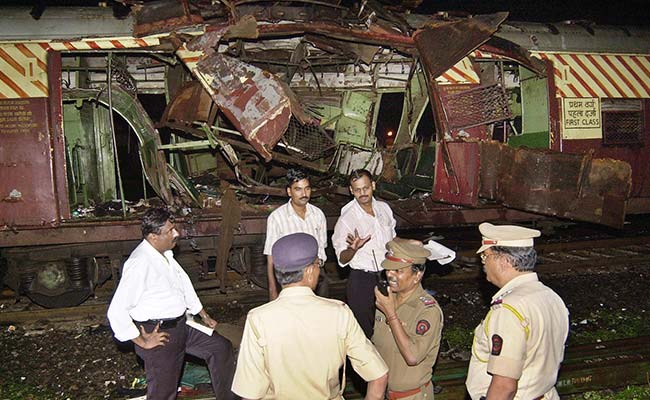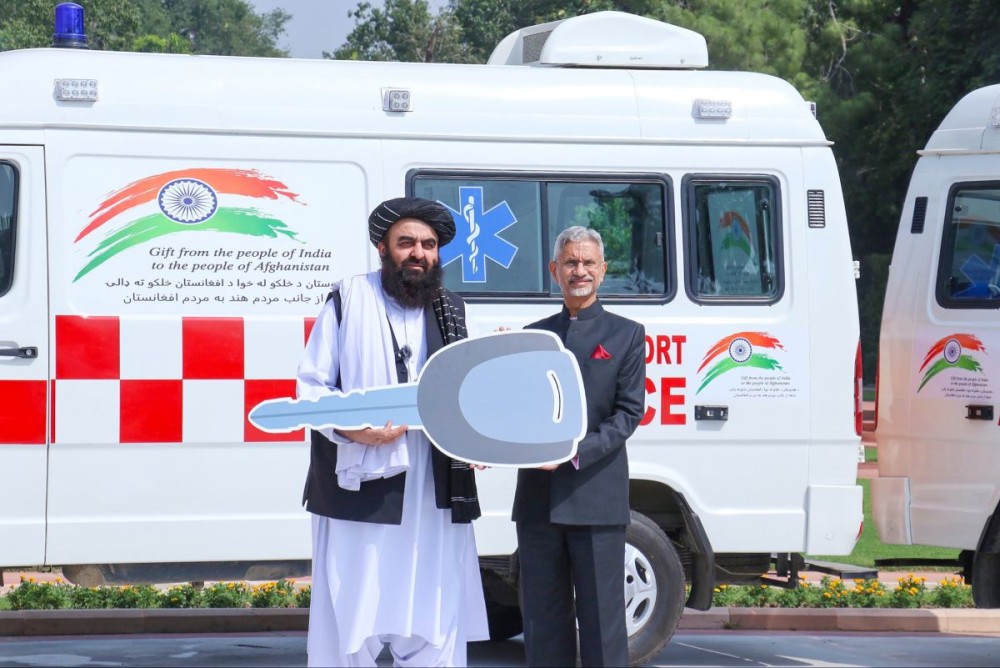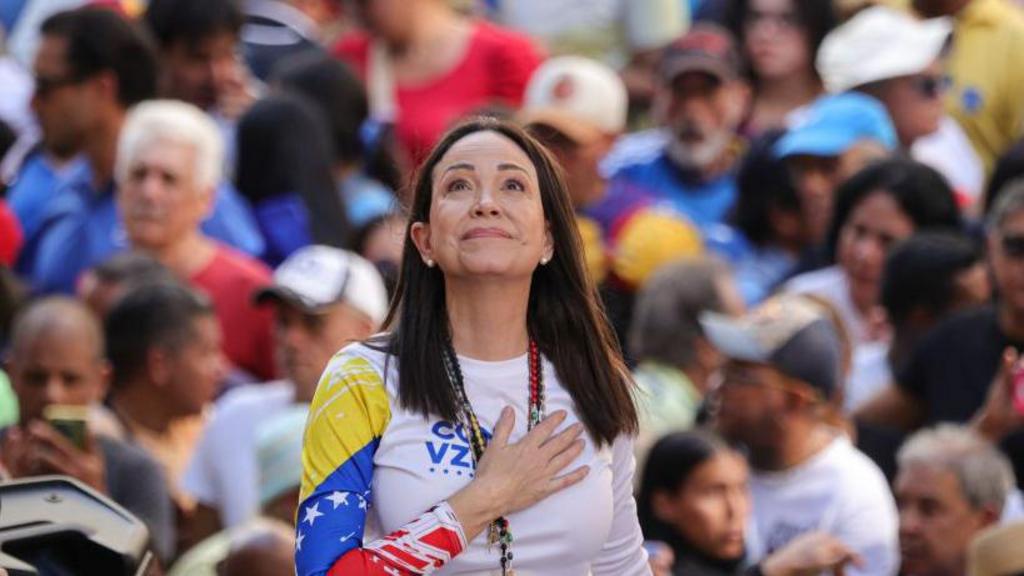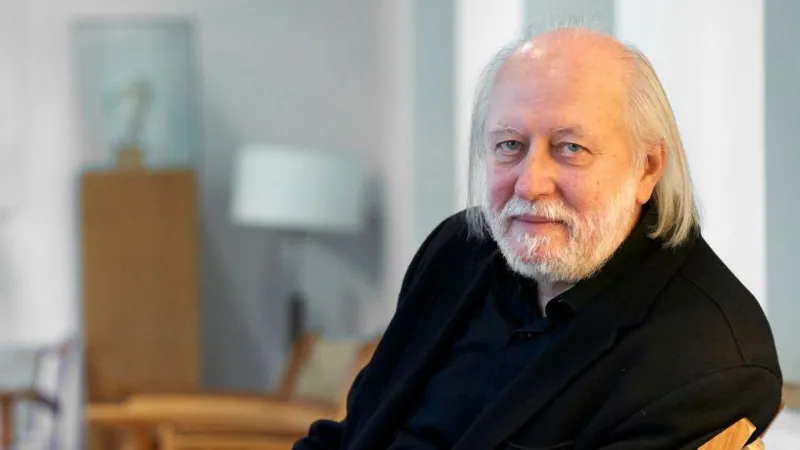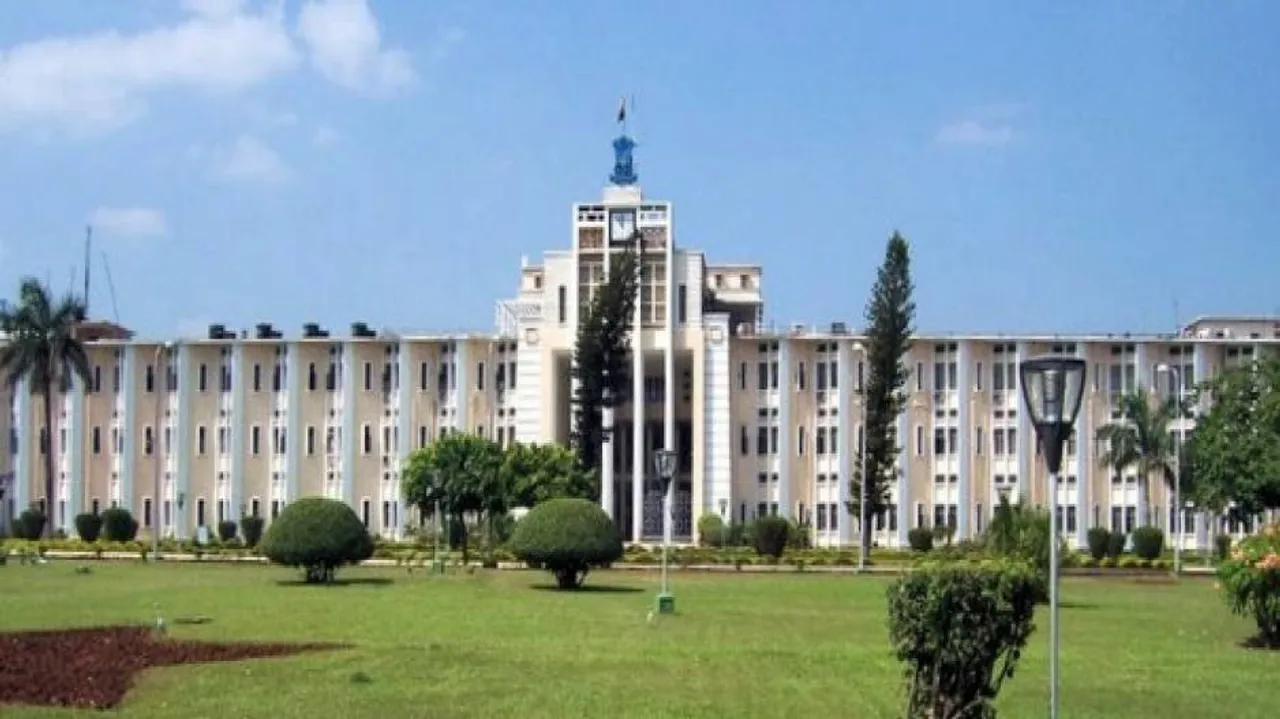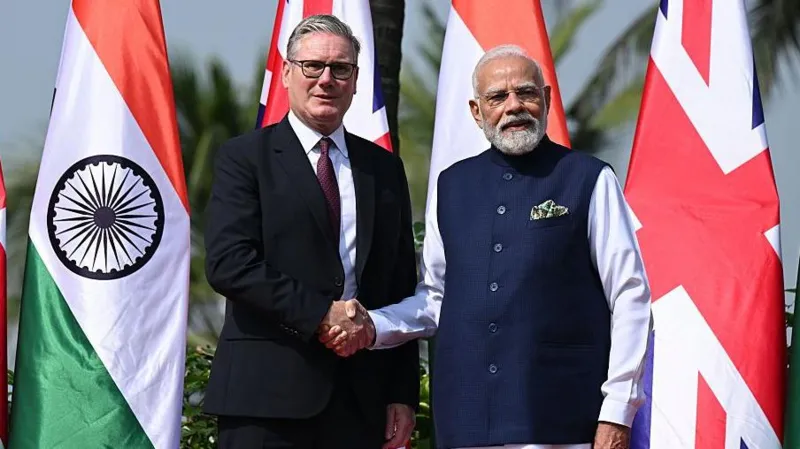Mumbai, July 2025: In a landmark judgment nearly two decades after the 2006 Mumbai train bombings, the Bombay High Court has acquitted all 12 individuals who were convicted by a special trial court in 2015. The decision comes as a major development in one of India’s deadliest terror cases, which claimed 189 lives and injured over 800 commuters.
A division bench comprising Justice Anil Kilor and Justice Shyam Chandak ruled that the prosecution failed to provide sufficient evidence to prove the accused’s involvement. “It is hard to believe the accused committed the crime… Their conviction is quashed and set aside,” the court observed.
The bench further directed that all 12 individuals be released from prison immediately, provided they are not implicated in any other ongoing cases.
Court Cites Flawed Investigation and Lack of Evidence
Delivering a scathing critique of the investigation, the court noted several gaps in the prosecution’s case:
-
Benefit of doubt was granted due to unreliable witness testimonies, with the court questioning how witnesses could recall details after a delay of over 100 days.
-
Incriminating materials like explosives, arms, and maps recovered during the probe were deemed unconnected to the actual blasts.
-
The type of explosives used in the attacks could not be conclusively identified by the prosecution.
Background: 2006 Mumbai Serial Blasts
On July 11, 2006, seven coordinated bomb blasts tore through first-class compartments of Mumbai’s local trains during evening rush hour. Within just 11 minutes, bombs concealed in pressure cookers exploded near stations including Matunga Road, Mahim Junction, Bandra, Khar Road, Jogeshwari, Bhayandar, and Borivali.
In 2015, a special MCOCA court had convicted 12 men, sentencing five—Faisal Sheikh, Asif Khan, Kamal Ansari, Ehtesham Siddiqui, and Naveed Khan—to death, and the remaining seven to life imprisonment for conspiracy and involvement in the terror attack.
All 12 will now walk free following today’s acquittal.
Public Reaction & Legal Implications
The verdict has triggered a mix of relief and criticism—while families of the acquitted celebrate their release, many victims’ families have voiced concern over justice being denied. Legal experts believe this ruling could set a precedent in evaluating evidence in terrorism-related cases and calls into question the efficacy of long-term investigations under special laws like MCOCA.


